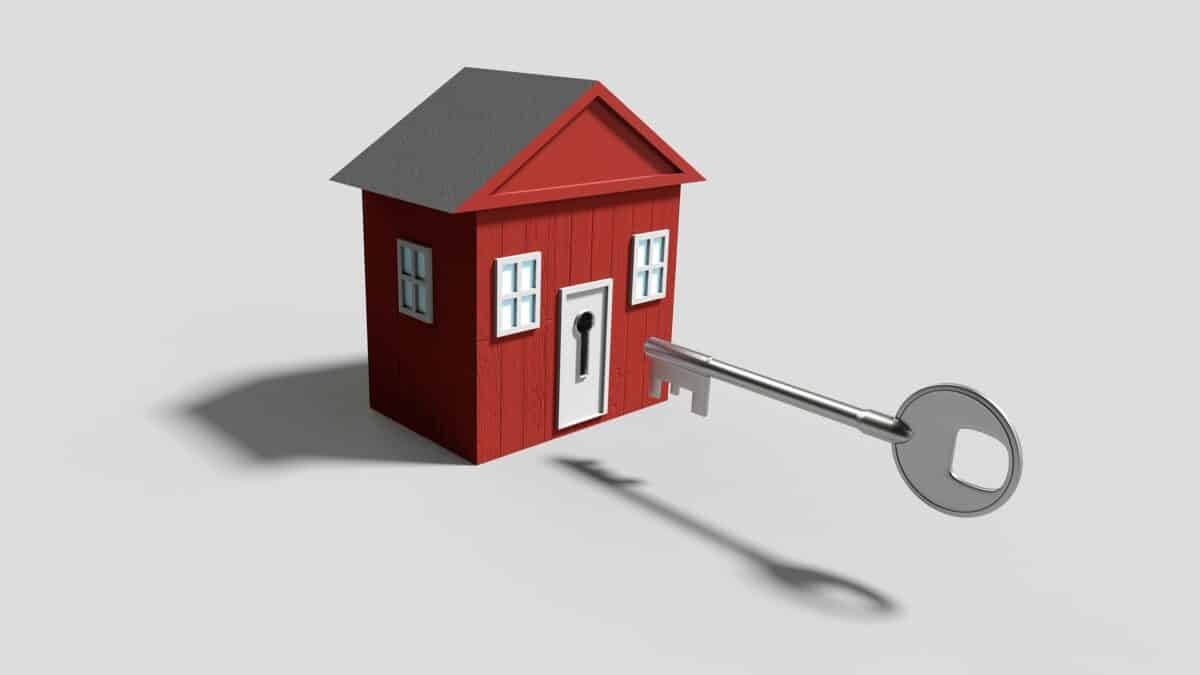The European Central Bank has raised its main lending rate from 2.0% to 2.5% and signalled that more rate increases are on the way in 2023.
The central bank’s Governing Council said it judges that interest rates will still have to rise “significantly at a steady pace to reach levels that are sufficiently restrictive to ensure a timely return of inflation to the 2% medium-term target”.
The ECB claimed that keeping interest rates at restrictive levels will over time reduce inflation by dampening demand and will also guard against the risk of a persistent upward shift in inflation expectations.
With effect from 21 December, the interest rate on the main refinancing operations increases to 2.5%, the marginal lending facility rate goes up to 2.75%, and the deposit rate will increase to 2.0%.
Bank of Ireland said its tracker mortgage customers will be impacted by the 0.5% rate increase from 10 January 2023, adding that no decision has been made in relation to other mortgage and lending products.
Joey Sheahan, head of credit at online broker MyMortgages.ie, said the cost of servicing a €200k 30-year tracker mortgage will increase by €600 per annum, and €3,000 a year more than before July 2022, when the ECB started hiking rates.
The ECB referenced Eurostat’s flash inflation estimate of 10.0% in November, slightly lower than the 10.6% recorded in October, due to lower energy price inflation.
However, food price inflation and underlying price pressures across the economy have strengthened and will persist for some time, the ECB stated.
“Eurosystem staff have significantly revised up their inflation projections. They now see average inflation reaching 8.4% in 2022 before decreasing to 6.3% in 2023, with inflation expected to decline markedly over the course of the year.
“Inflation is then projected to average 3.4% in 2024 and 2.3% in 2025. Inflation excluding energy and food is projected to be 3.9% on average in 2022 and to rise to 4.2% in 2023, before falling to 2.8% in 2024 and 2.4% in 2025,” said the ECB.
ECB economists believe the euro area economy may contract in the current quarter and the next quarter, owing to the energy crisis, high uncertainty, weakening global economic activity and tighter financing conditions.
“Growth is nonetheless expected to be subdued next year and has been revised down significantly compared with the previous projections,” the ECB stated.
“Beyond the near term, growth is projected to recover as the current headwinds fade. Overall, the Eurosystem staff projections now see the economy growing by 3.4% in 2022, 0.5% in 2023, 1.9% in 2024 and 1.8% in 2025.”
The Governing Council announced that from the beginning of March 2023 onwards, the asset purchase programme (APP) portfolio will decline as the Eurosystem will not reinvest all of the principal payments from maturing securities.
The decline will amount to €15bn per month on average until the end of the second quarter of 2023 and its subsequent pace will be determined over time.
“The Governing Council will regularly reassess the pace of the APP portfolio reduction to ensure it remains consistent with the overall monetary policy strategy and stance, to preserve market functioning, and to maintain firm control over short-term money market conditions,” the central bank statement added.
In relation to government bonds and other assets acquired under the pandemic emergency purchase programme (PEPP), the ECB said it intends to reinvest the principal payments from maturing securities purchased under the programme until at least the end of 2024.
In the UK today, the Bank of England raised its base rate by 50 basis points to 3.5%.
Source: https://businessplus.ie/economy/ecb-hikes-interest-rate-by-50bp-to-2-5/
















